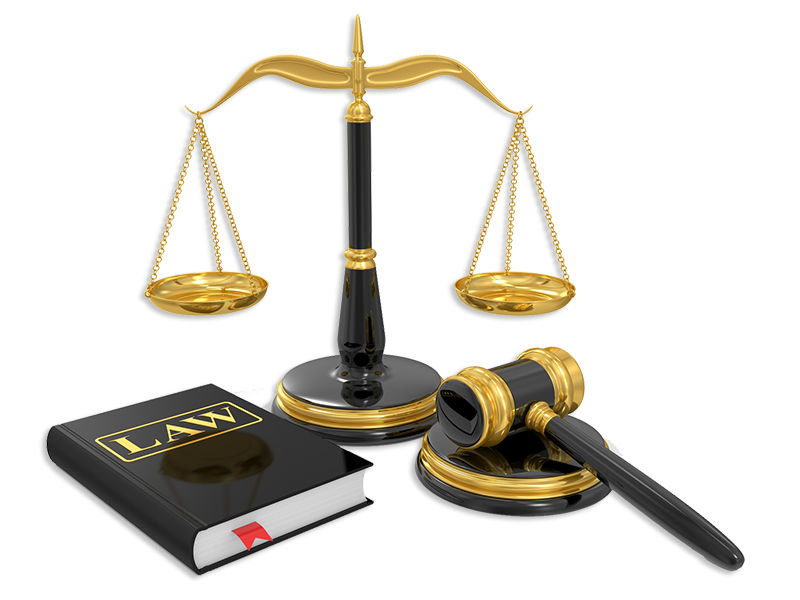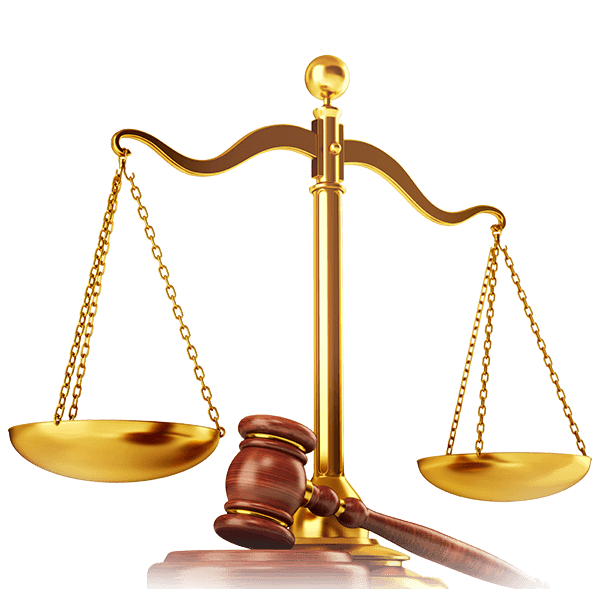Legal psychology, often referred to as psychology and law or law psychology, is a multidisciplinary field that examines the intersection between psychology and the legal system. It encompasses various aspects of the legal process, including criminal investigations, courtroom procedures, witness testimony, jury decision-making, and the assessment and treatment of offenders. In this article, we’ll delve into the intricate realm of legal psychology, exploring the roles of legal psychologists, the applications of psychology in law, and the significance of understanding psychological factors in legal contexts. Additionally, individuals seeking guidance or support in navigating legal issues can benefit from resources like a legal advice hotline 24/7, which offers confidential assistance and expert advice around the clock.

The Role of Legal Psychologists
Legal psychologists, also known as forensic psychologists or criminal psychologists, play a crucial role in the legal system. They apply principles of psychology to issues within the legal domain, providing expert analysis and insights to assist legal professionals in understanding human behavior, decision-making processes, and mental health issues relevant to legal cases.
Assessing Mental Competence
One of the key roles of legal psychologists is to assess the mental competence of individuals involved in legal proceedings. This may include evaluating defendants’ competency to stand trial, their capacity to understand the charges against them, and their ability to assist in their own defense. Legal psychologists use various assessment tools and techniques to determine an individual’s mental state and fitness to participate in legal proceedings. Moreover, students seeking assistance with academic assignments related to legal psychology can benefit from utilizing a psychology essay writing service, which provides expertly crafted essays and papers tailored to their specific needs and requirements.
Providing Expert Testimony
Legal psychologists often serve as expert witnesses in court, offering insights into the psychological factors relevant to a case. They may provide testimony on issues such as eyewitness identification, the reliability of confessions, the effects of trauma on memory, and the risk of recidivism. Their expertise helps judges and juries understand complex psychological concepts and make informed decisions based on the available evidence.
Applications of Psychology in Law
Psychological principles have wide-ranging applications in the legal field, influencing various aspects of legal proceedings and outcomes. Understanding human behavior, cognition, and emotion can shed light on why individuals commit crimes, how they perceive and respond to legal stimuli, and what factors influence their decision-making processes.
Criminal Profiling
Criminal profiling is a technique used by law enforcement agencies to identify and apprehend suspects based on behavioral and psychological characteristics. Legal psychologists analyze crime scenes, victimology, and offender behavior to develop profiles that help investigators narrow down their search for potential suspects.
Jury Decision-Making
Psychological research has shown that various factors can influence jury decision-making, including juror biases, group dynamics, and the presentation of evidence. Legal psychologists study these factors to understand how juries process information, weigh evidence, and reach verdicts. Their findings can inform strategies for presenting cases and selecting jurors to maximize the likelihood of a favorable outcome.
The Impact of Psychological Factors on Legal Proceedings
Psychological factors play a significant role in shaping legal proceedings and outcomes. Individual differences in personality, cognitive abilities, and emotional states can affect how people perceive and interpret legal information, make decisions, and respond to legal authority. Additionally, individuals seeking further information or resources to understand the interplay between psychology and law can explore platforms like Legal Services Online, which provide access to a wealth of legal information and resources to aid in navigating the complexities of the legal system.
Eyewitness Testimony
Eyewitness testimony is often crucial in criminal trials, but research has shown that it can be unreliable due to factors such as stress, suggestibility, and memory distortion. Legal psychologists study the factors that influence eyewitness accuracy and develop techniques to improve the reliability of eyewitness testimony, such as using sequential lineup procedures and conducting thorough memory interviews.
Legal Decision-Making
Legal decision-making is influenced by a variety of psychological factors, including cognitive biases, heuristics, and emotional responses. Judges, jurors, and legal professionals may be susceptible to biases such as confirmation bias, hindsight bias, and anchoring, which can affect the fairness and impartiality of legal proceedings. Legal psychologists study these biases and develop strategies to mitigate their effects, such as providing jurors with instructions on how to evaluate evidence objectively and critically.

Conclusion
In conclusion, legal psychology is a dynamic and interdisciplinary field that bridges the gap between law and psychology. Legal psychologists play a vital role in the legal system, providing expert analysis and insights to assist legal professionals in understanding human behavior and decision-making processes relevant to legal cases. By applying principles of psychology to issues within the legal domain, legal psychologists contribute to the fair and effective administration of justice. As our understanding of the interaction between psychology and law continues to evolve, the insights provided by legal psychology will become increasingly valuable in addressing complex legal challenges and promoting justice and fairness in society.
